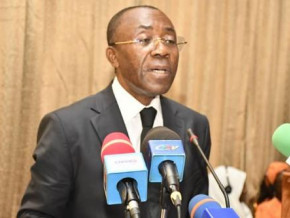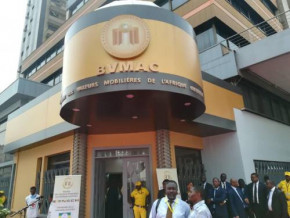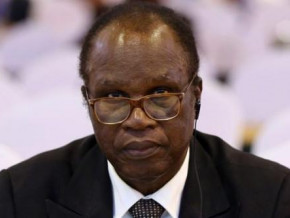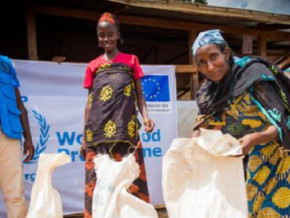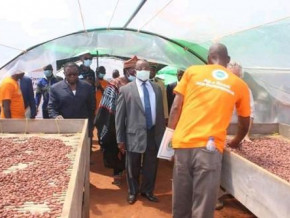
Gaz du Cameroon: Govt vetoes 20% increase in tariffs

(Business in Cameroon) - The Cameroonian government issued a decision opposing the 20% tariff increase for natural gas decided by Gaz du Cameroun (GDC), the local dealer of British Victoria Oil & Gas (VOG). The price increase was set to take effect on June 1.
“Per the relevant provisions of Decree No. 2023/232 of May 4, 2023, establishing the implementation modalities of Law No. 2019/008 of April 25, 2019, on the Petroleum Code, the price of natural gas sold on the domestic market is subject to prior approval. Therefore, you are requested to suspend your decision to increase prices and provide me with the technical file for review,” the Minister of Trade, Luc Magloire Mbarga, said in a letter sent to the CEO of GDC on May 30. This means that by unilaterally raising the prices of natural gas, GDC has violated the existing regulations in Cameroon. Article 115, paragraph 2(a) of the petroleum code's implementing decree, dated May 4, 2023, states that "the market price of gaseous hydrocarbons sold on the domestic market is subject to prior approval by the Minister in charge of prices," which is the Minister of Trade in this case.
The approval process requires economic operators seeking to raise their prices to submit all necessary justifications for the proposed increase. Based on the justifications provided, the government can either reject the proposal, reduce the proportion of the increase, or approve it entirely.
Higher production costs
GDC said it took this price increase decision, the first in 10 years, to adjust to the recent significant rise in production costs resulting from the global economic situation. This decision was taken after the government extended the special tax on petroleum products (TSPP) to natural gas. As per this move, industrial companies are required to pay a CFA70 levy for each cubic meter of gas consumed. Also, the Electricity Regulatory Agency (Arsel) raised its tariffs by almost 30% for energy-intensive industrial companies in January 2023. The following month saw a significant increase of 15.8% to 36.5% in the prices of super, diesel, and kerosene.
The surge in energy costs in the industrial sector in Cameroon since the beginning of 2023 is expected to significantly impact production costs for companies. In 2022, according to the Industrial Producer Price Index (IPPI) published by the National Institute of Statistics (INS), production costs in the sector experienced the highest annual increase in six years, reaching 13.3%. This rise predominantly impacted the extractive sector, specifically, the oil and gas industry, which experienced a 29% increase in factory gate prices, and the steel and metallurgy sector, with a 16.9% increase.
Mags frontpage
- Most read 7 days
- shared 1 month
- read 1 month



